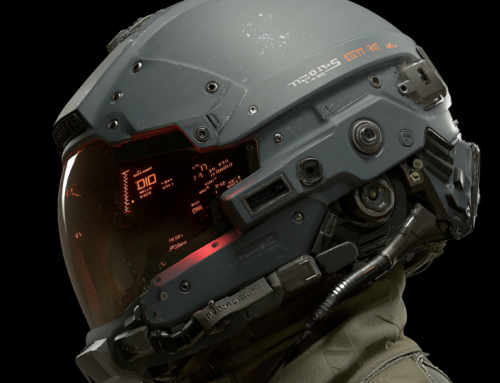
Researchers have created synthetic minibinders using AI that mimic T cell receptors to recognize and destroy diseased cells via MHC-peptide targeting, heralding a new era in precision immunotherapy. (Source: Image by RR)
Scientists Combine Generative AI with Immunotherapy for Precision Medicine
A groundbreaking set of studies by Liu et al., Johansen et al., and Householder et al. is redefining how we can target diseased or infected cells with surgical precision. Traditionally, T cells have used their highly evolved receptors to identify harmful cells based on peptide antigens presented by major histocompatibility complex (MHC) proteins on the cell surface. Now, scientists are stepping beyond nature’s playbook by designing synthetic proteins—called minibinders (miBds)—that mimic this recognition process. These newly engineered proteins aim to detect antigens presented by MHC molecules with exceptional specificity, offering a powerful new toolkit for diagnostics and immunotherapy. By harnessing computational and experimental approaches, the research teams have paved the way for developing highly targeted treatments for viral infections, cancer, and patient-specific mutations.
The innovation, as noted in science.org, lies in a state-of-the-art design pipeline that uses advanced generative AI models and molecular simulations to rapidly craft these miBds. One major breakthrough involved designing a high-affinity binder for the NY-ESO-1 antigen—a tumor-associated peptide bound to HLA-A*02:01 MHC molecules. This particular antigen is commonly found in melanoma and other cancers. With the help of cryo–electron microscopy, the team confirmed the precise structure of the binder, validating its binding accuracy and strength. Importantly, when this synthetic binder was integrated into a chimeric antigen receptor (CAR) and introduced into T cells, the engineered cells were able to recognize and kill NY-ESO-1–positive cancer cells, a key benchmark for potential clinical applications.
Beyond NY-ESO-1, the research also tackled the challenge of designing binders for previously uncharacterized neoantigens—mutated peptides unique to individual tumors. In one case, the team successfully engineered binders to recognize the RVTDESILSY/HLA-A*01:01 complex without prior structural data. This suggests that the platform can be adapted to a broad array of pMHC targets, even those that vary from patient to patient. This level of customization could transform cancer immunotherapy, enabling precision treatments that adapt to the genetic landscape of individual tumors.
Taken together, these studies highlight the potential of de novo–designed pMHC binders as the future of precision immunotherapy. Their high specificity, reduced off-target activity, and ability to be rapidly designed for any antigen-MHC combination could overcome one of the most persistent limitations of T cell receptor–based therapies: the difficulty of isolating and validating effective TCRs from patients. These synthetic binders can be pre-screened in silico for off-target effects, rapidly iterated, and fine-tuned to operate effectively in real-world cellular environments. As such, this technology represents a promising new class of therapeutic agents that may one day work alongside or even replace traditional TCRs in both diagnostics and cancer treatment.
read more at science.org







Leave A Comment